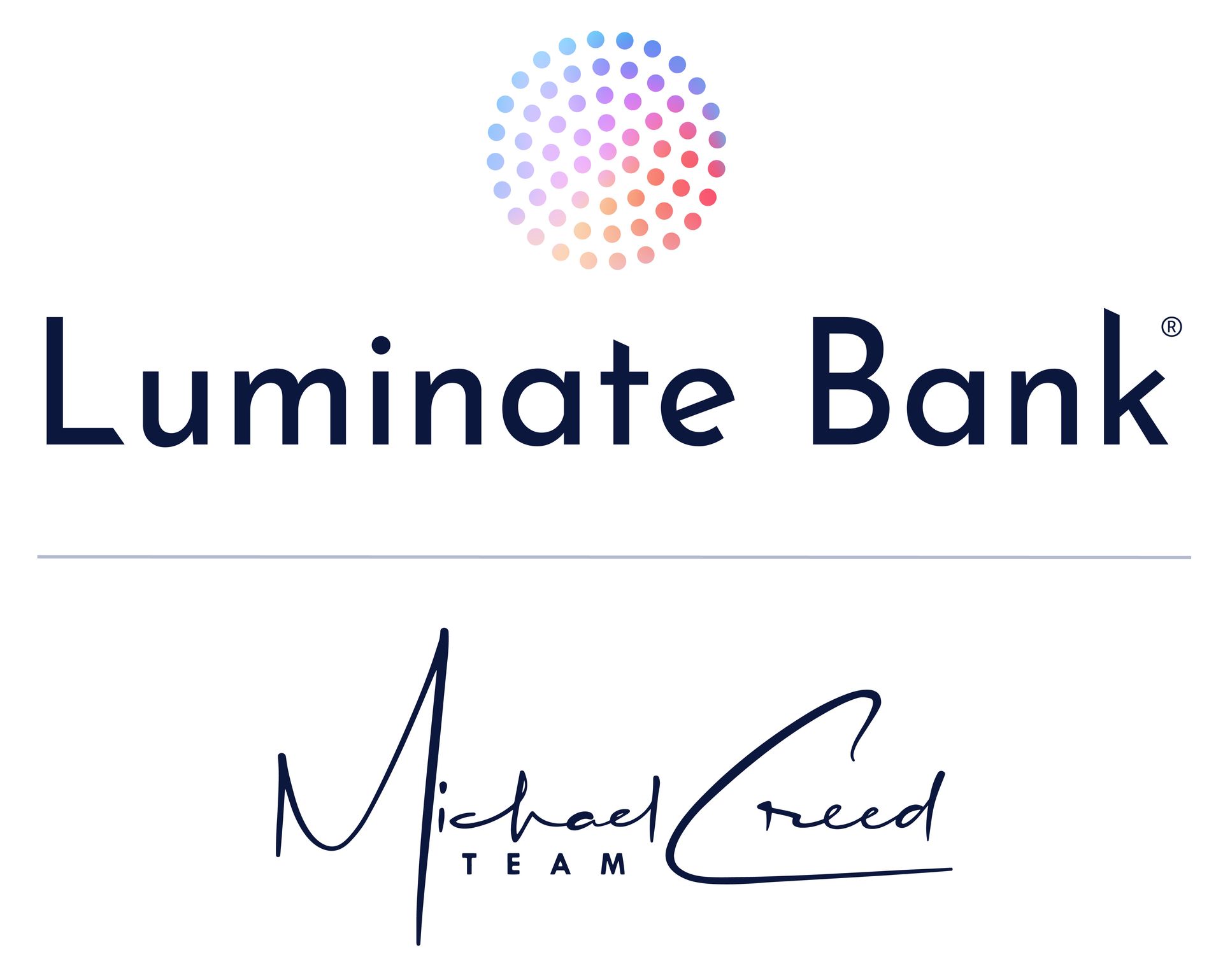Keep Your Home Safe From Mortgage Fraud with These Essential Tips
In today’s digital age, mortgage fraud is a growing concern for homeowners, first-time buyers, real estate investors, realtors, and agents alike. The process of purchasing a home is already complex and stressful, and the last thing anyone needs is to fall victim to fraudulent schemes. This blog post will provide you with essential tips to help safeguard your investment and ensure a smooth, secure homebuying experience.
Why Mortgage Fraud is a Growing Concern
Mortgage fraud is becoming increasingly sophisticated, making it crucial to stay informed about the risks and preventive measures you can take. Fraudsters are continuously developing new methods to exploit unsuspecting individuals, which can lead to significant financial losses and legal complications. Understanding the importance of mortgage fraud prevention is the first step in protecting your investment.
Understanding Mortgage Fraud
Mortgage fraud involves any deliberate misrepresentation or omission of information with the intent to deceive a lender or borrower. This can include falsifying income or employment details, inflating property values, or using stolen identities to secure loans. Homebuyers, lenders, and real estate professionals must be vigilant and proactive in identifying and preventing fraudulent activities.
Common Types of Mortgage Fraud
- Income and Employment Fraud:
- Fraudsters may provide false documentation to inflate their income or employment status.
- They might create fake pay stubs, W-2 forms, or even fictitious employers.
- Always verify employment and income details through multiple sources.
- Identity Theft:
- Stolen identities are used to secure loans under false pretenses.
- Victims may not realize their information has been compromised until it's too late.
- Regularly monitor your credit report for unusual activity.
- Property Value Fraud:
- Inflated appraisals or manipulated property values can deceive lenders and buyers.
- This can result in paying more for a property than it's worth.
- Obtain independent appraisals and second opinions on property values.
Red Flags to Watch Out For
- Unverified Information:
- Ensure all documentation is legitimate and can be verified.
- Be cautious of overly eager sellers or lenders pushing for quick deals.
- Never accept incomplete or unverifiable paperwork.
- Pressure Tactics:
- Fraudsters often create a sense of urgency to rush decisions.
- Take your time to review all documents and consult with trusted professionals.
- Do not succumb to high-pressure sales tactics.
- Suspicious Transactions:
- Unusual payment requests or complex loan structures can be red flags.
- Be wary of transactions that seem too good to be true.
- Consult with financial advisors or legal experts when in doubt.
Steps to Prevent Mortgage Fraud
- Thoroughly Vet All Parties Involved:
- Research and verify the credentials of real estate agents, lenders, and other professionals.
- Use reputable companies with a track record of integrity and reliability.
- Avoid dealing with individuals or entities with a history of fraudulent activities.
- Keep Personal Information Secure:
- Protect sensitive information, such as Social Security numbers and financial records.
- Use secure communication channels when sharing personal details, never public or unsecured Wi-Fi networks.
- Regularly update passwords and use multi-factor authentication.
- Stay Informed and Educated:
- Keep up-to-date with the latest news and trends in mortgage fraud.
- Attend workshops or seminars on fraud prevention.
- Join online forums or communities to share experiences and tips.
Importance of Credit Monitoring
Regularly monitoring your credit report is an essential step in preventing mortgage fraud. By keeping an eye on your credit activity, you can quickly identify and address any suspicious behavior. Many financial institutions offer credit monitoring services, or you can use free resources like AnnualCreditReport.com to check your credit annually. Be aware that credit bureaus can also sell your information to another creditor to solicit business, called trigger leads, which also increases your risk of fraud. Always verify the legitimacy of any lender who contacts you unexpectedly and consider Opting Out of such lists through the credit bureaus.
Working with Trusted Professionals
Choosing the right real estate agent, lender, and attorney can make a significant difference in your homebuying experience. Trusted professionals will guide you through the process, ensuring all documentation is accurate and verified. They can also provide valuable advice on identifying and avoiding potential fraud risks. Never respond to suspicious or unsolicited communication.
If you suspect mortgage fraud, it’s essential to report it immediately to the relevant authorities, your lender, the Federal Trade Commission (FTC), or your state's Attorney General's office. Swift action can help prevent further damage and protect others from becoming victims.
Building a Community of Awareness
Creating a network of informed individuals can significantly reduce the risk of mortgage fraud. Share your knowledge and experiences with friends, family, and colleagues to raise awareness. Encourage others to stay vigilant and proactive in protecting their investments. I truly believe that an informed consumer will make the smarted decisions regarding their finances, and subsequently, their home purchase.
Conclusion
Mortgage fraud is a serious issue that can have devastating consequences for homeowners and real estate professionals. By staying informed, vigilant, and proactive, you can protect your investment and enjoy a secure homebuying experience. Remember to thoroughly vet all parties involved, keep your personal information secure, and report any suspicious activity immediately. Together, we can create a community of awareness and prevention. Contact Me Today for any questions or concerns you may have.












